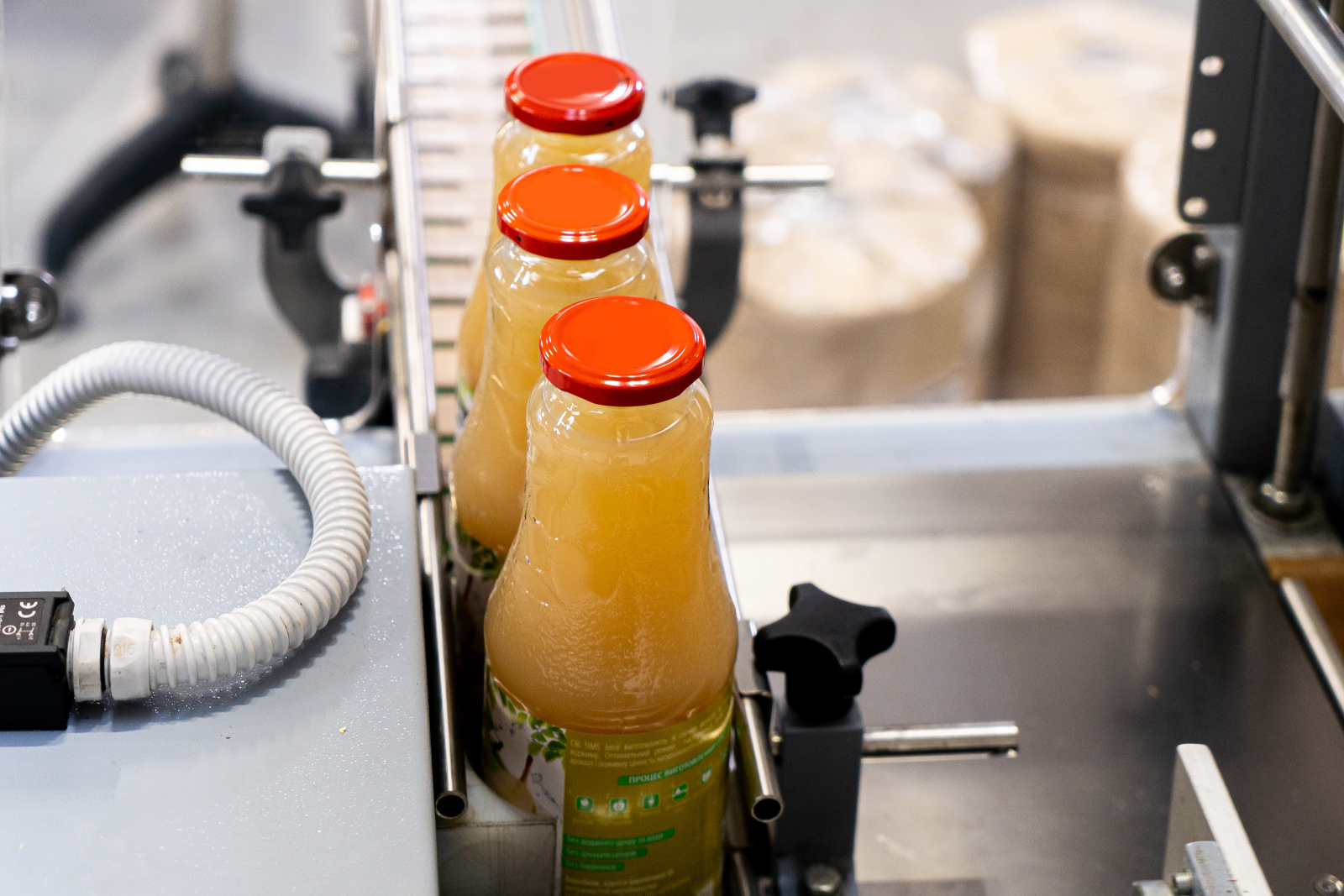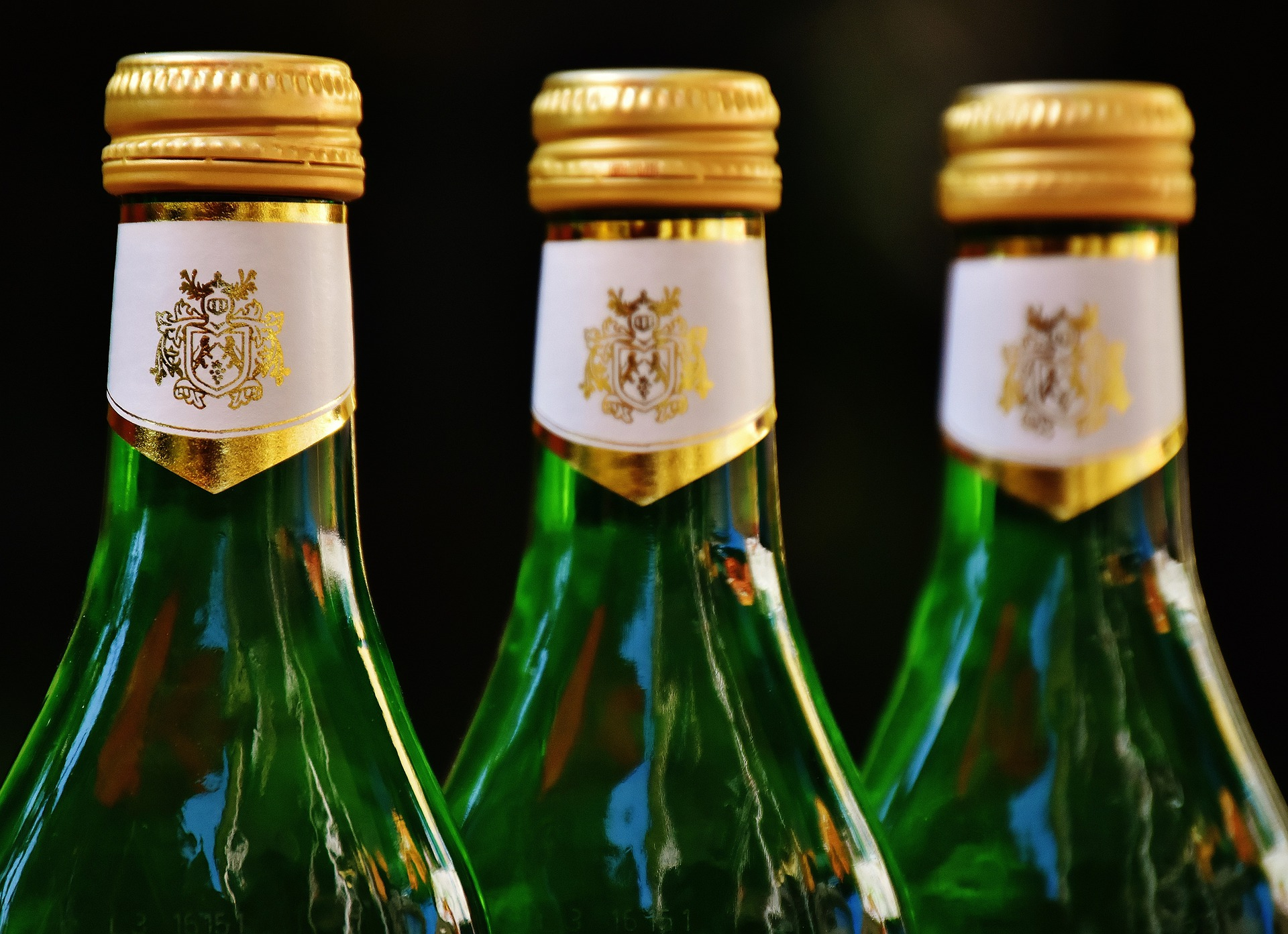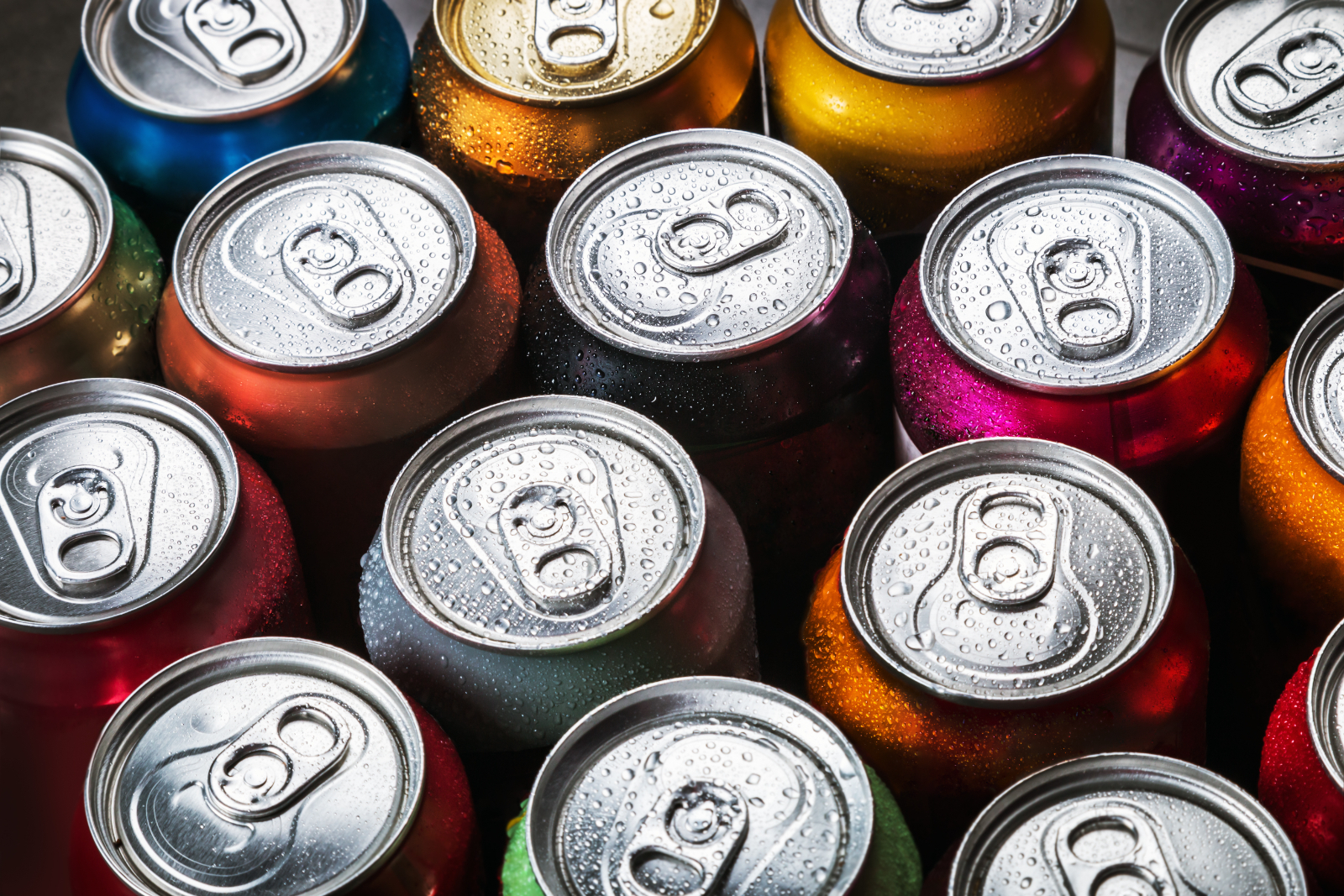Who Uses Bottle Capping Machines in the UK? We look at the range of industries using capping machines and the types of products that are produced. JM Services (Burntwood) LTD offer professional Capping Machine Sales and repair throughout the UK including Birmingham, Nottingham, Coventry, Leicester, Stoke-on-Trent.
Bottle Capping Machine Functions
Even though these machines are typically easy to maintain, they must be kept in top condition to function well; therefore maintenance is a crucial part of keeping the machinery in good condition.
Without routine maintenance, a bottle capping machine would gradually lose efficiency and start to break down, which can cause a considerable loss of output. A capping machine plays a key role in the automation of bottling by applying metal or plastic thread lids, caps, and plugs to bottles and containers. This equipment not only guarantees a hygienic workplace and high production rates, but they also assist in reducing manufacturing expenses.
Industries Using Capping Machines:
1
Bottled Water
The same sort of closure is typically used for bottled water, soft drinks, teas, sports drinks, and other beverages, and to seal and safeguard the product, almost all of these beverages will employ a screw-on style cap.
Simple flat caps, sports caps, or even flip-top closures are all acceptable types of closures, but each variant will still screw into the bottle being utilised for the specific purpose.
2
Beverages
The most widely used automatic capper for beverages is the spindle capping machine. By using a power conveyor and cap delivery system, this equipment continuously caps screw-on caps by grabbing and tightening them as they pass through the capping machine.
Chuck cappers are also used in sectors of the economy with lesser production requirements since they are cost-efficient and effective for semi-automatic applications.
3
Distilled Spirits
Distilled spirits are a different kind of beverage, but they are distinctive in the business because they frequently require corks, T-corks, or even ROPP caps to close the bottles rather than screw-on type closures. In order to increase the sealing process' uniformity and dependability, these closures need specialised capping equipment.
Aluminium caps are threaded onto glass bottles frequently used in the distilled drinks industry by ROPP cappers using knives. T-corks and other similar closures are fastened using bartop corkers in automatic or semi-automatic systems.
In contrast to typical drinks, ROPP cappers and bartop corkers will likely be utilised, they will only have different designs. A capsule spinner may also be used by products in this sector to exhibit them more attractively while also increasing tamper resistance.
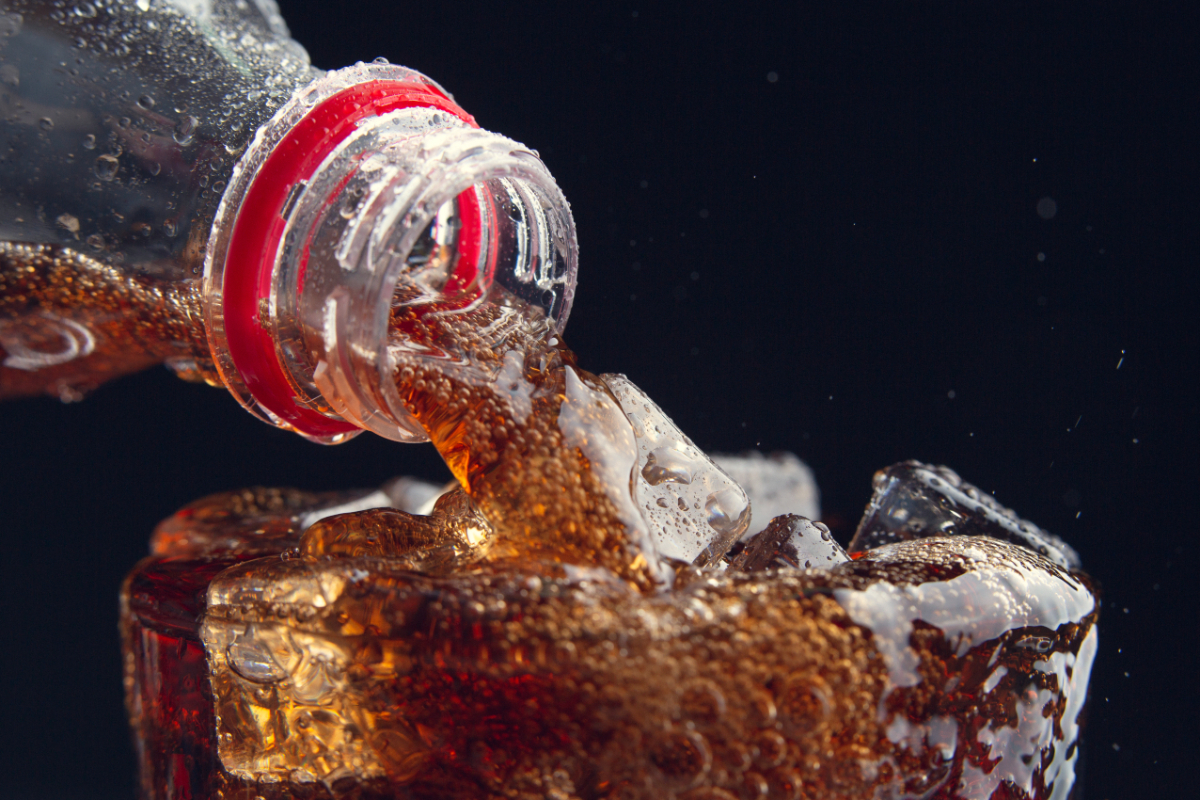
Beverages
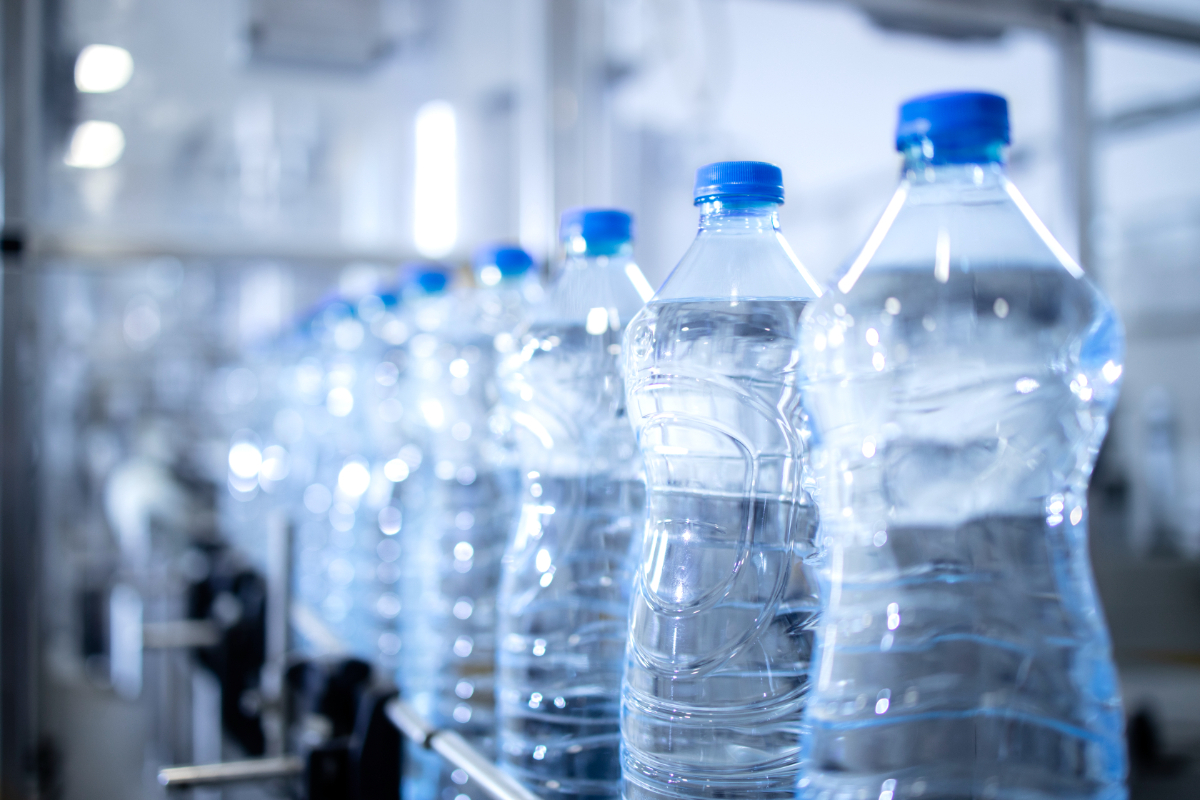
Bottled Water
4
Pharmaceuticals
Even while certain medications will employ screw-on type caps like those mentioned in the bottled water and beverages above, this market will include a bit more variation than those of drinks.
Pharmaceutical packages may also employ snap-on type caps, which are comparable to screw-on closures except that the bottle or other container has a lip or ledge that the closure will snap over to secure the product as opposed to having threads.
In order to ensure proper consumer usage, many pharmaceutical items also come with bottle inserts like eyedroppers. There are automated and semi-automatic variants of both insertion machines and snap capping machines. Chuck cappers may be slightly more prevalent if screw-on type closures are employed due to the smaller sizes of containers frequently found in the business.
5
Cosmetics
This sector can have both screw-on and snap-on closures, they are remarkably similar to those in the pharmaceutical industry. Spindle cappers and chuck cappers are also widespread in the business, with chuck cappers again being more popular for semi-automatic operations.
Cosmetics will also occasionally include inserts, such as the agitator bead found in many nail polishes as well as brushes for lipstick and other cosmetic goods.
6
Personal Care
These products include liquid soaps, window cleaners, shampoos, and many more things. Screw-on style closures are frequently used in this business. The types of screw-on closures, however, could vary slightly from those mentioned above.
7
Household Items
For application, window cleaners frequently employ trigger sprayers, pumps are available for soaps, and flip-top screw-on lids are popular for shampoos and conditioners. In this business, chuck and spindle cappers will prevail, although they might need to be modified or adjusted to accommodate special caps.

Household Items
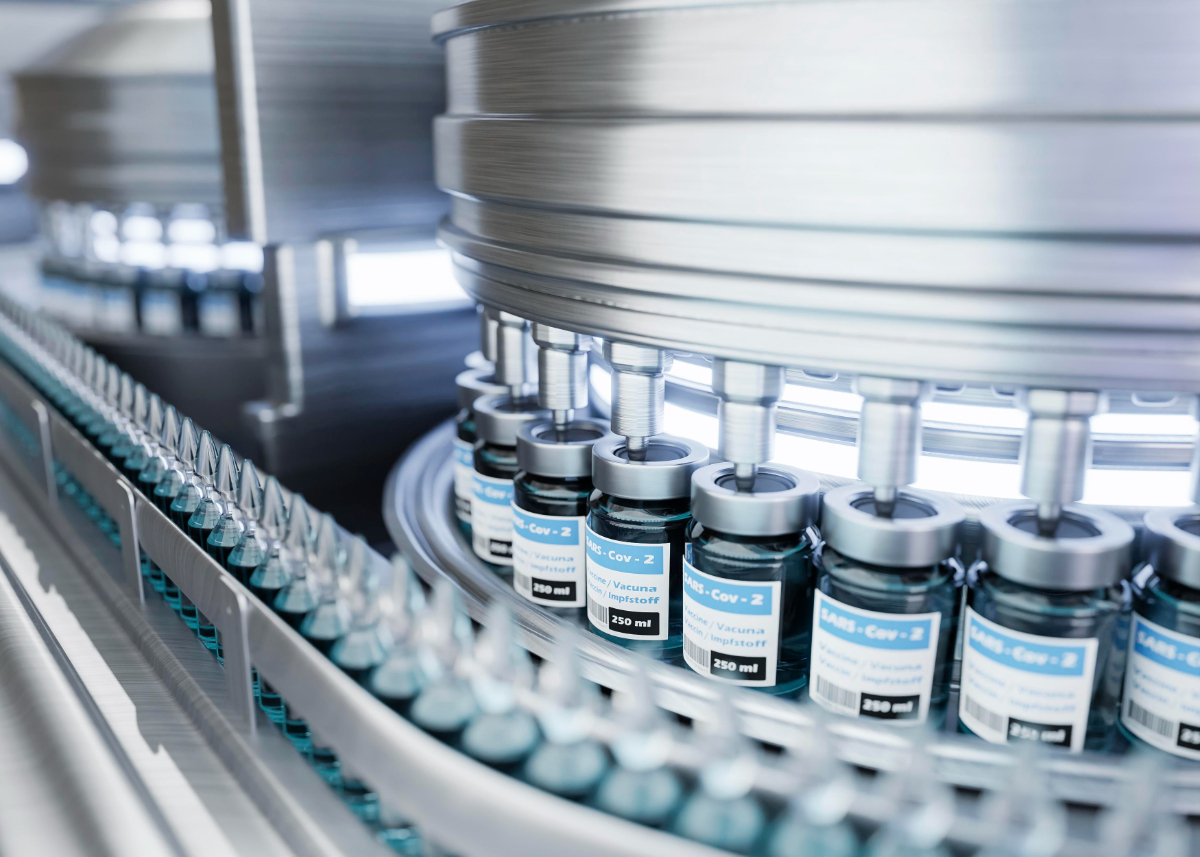
Pharmaceuticals
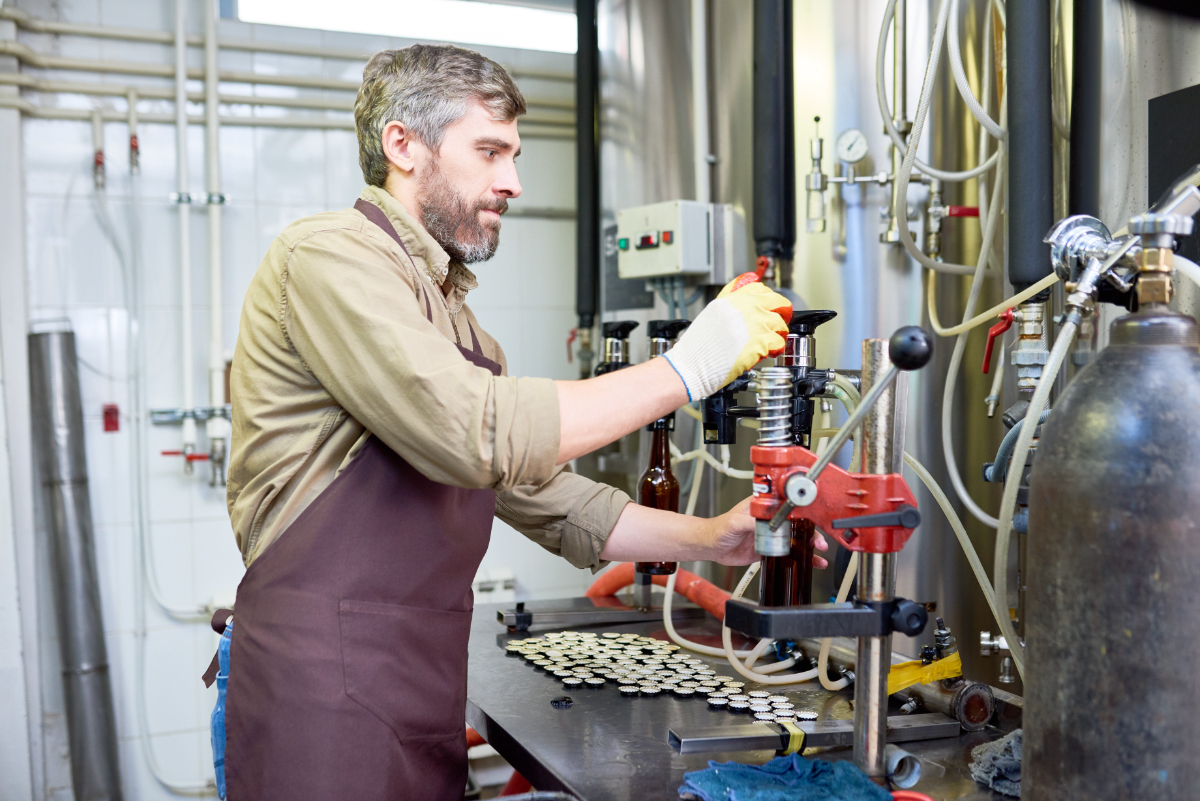
How Does a Capper Machine Work?
Capping machines can be semi-automatic or completely automatic, and they are intended to handle a wide range of cap and bottle designs. For example, straight-line or inline capping machines are ideal for a wide range of screw caps, such as those used on water bottles and condiment bottles.
Meanwhile, chuck cappers are perfect for more difficult-to-handle caps and closures that necessitate cap placement that is straight down on top of the container for maximum performance. Other types of capping machines, for example, may readily process threaded caps, screw caps, and snap caps.
Due to their automated capping capabilities, these machines can quickly cap everything from beer bottles to speciality items such as spray bottles and cleaning product caps.
The internal operations of automatic capping machines differ from one another; for example, a rotating capper requires a different application method than a straight-line capper. You've probably seen automated capping machines in action before, but they're often so fast that you can't see how they function. However, it is the two-step method of cap installation and cap sealing that allows any bottle-capping machine to function.
Fully automatic machines will use either a pick-off method or a pick-and-place method to place caps onto containers. The pick-off method employs a very accurate chute to distribute caps onto bottles, which are fast passing under the chute to "pick off" the caps as they come down.
The pick and place method is more self-explanatory and involves a robotic or robotic-like arm presenting a cap for the capping chuck to grab and place onto the container while tightening; this method is more versatile, but requires greater levels of automation and tooling for a variety of cap sizes and types.
The mechanism used to seal the cap varies according to the machine and the kind of bottle or cap. Skirted caps, such as those used on beer bottles, are pushed down, whereas threaded caps must be twisted onto the bottleneck while applying the appropriate amount of downward force.
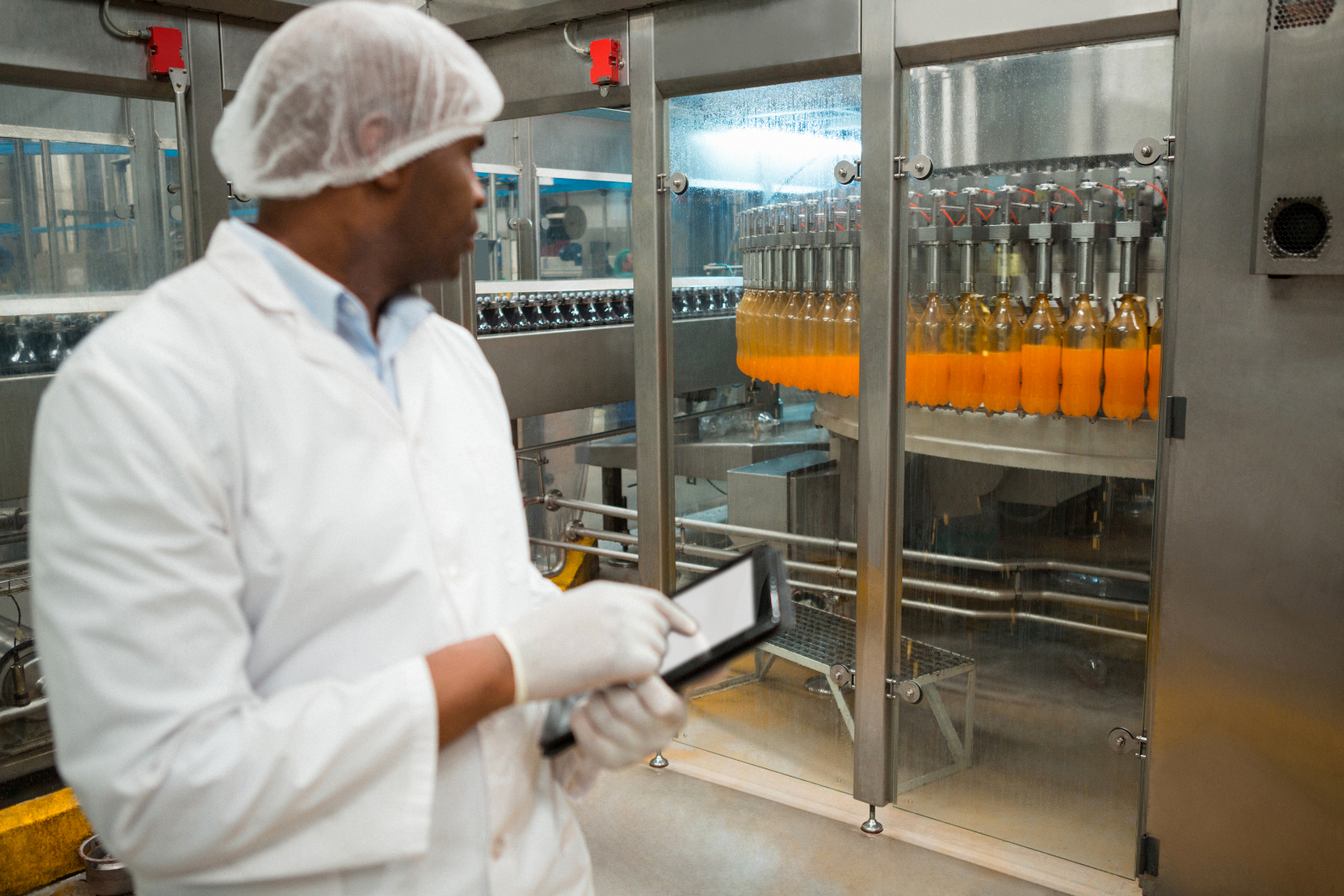
Factory Worker Inspecting Juice Bottles
The necessity for a person to deliver the cap to the bottle tends to be the main functional difference between semi-automatic and fully-automatic systems; nevertheless, the amount of automation varies depending on the demands of the operation. An alternative would be to instal a semi-automatic chuck capper with a conveyor belt that mechanically carries bottles under the device so that a person may attach the cap before the device seals it.
Smaller operations and specific production runs are perfect applications for semi-automatic capping machines. Fully automatic capping machines, on the other hand, work well in big settings, particularly in production runs when the same actions are used throughout. The best option will ultimately rely on the demands of the business; one is not always superior to semi-automation.
We hope this article has answered your questions about: Who Uses Bottle Capping Machines in the UK?
Are you looking for experts who can service capping machines in the UK or Europe? Then call the experts at JM Services (Burntwood) LTD today.
We offer professional Capping Machine Sales and repair throughout the UK including Birmingham, Nottingham, Coventry, Leicester, Stoke-on-Trent. That’s not all, we undertake machine servicing for bottle capping machines. Get in touch with us if you have any queries.

